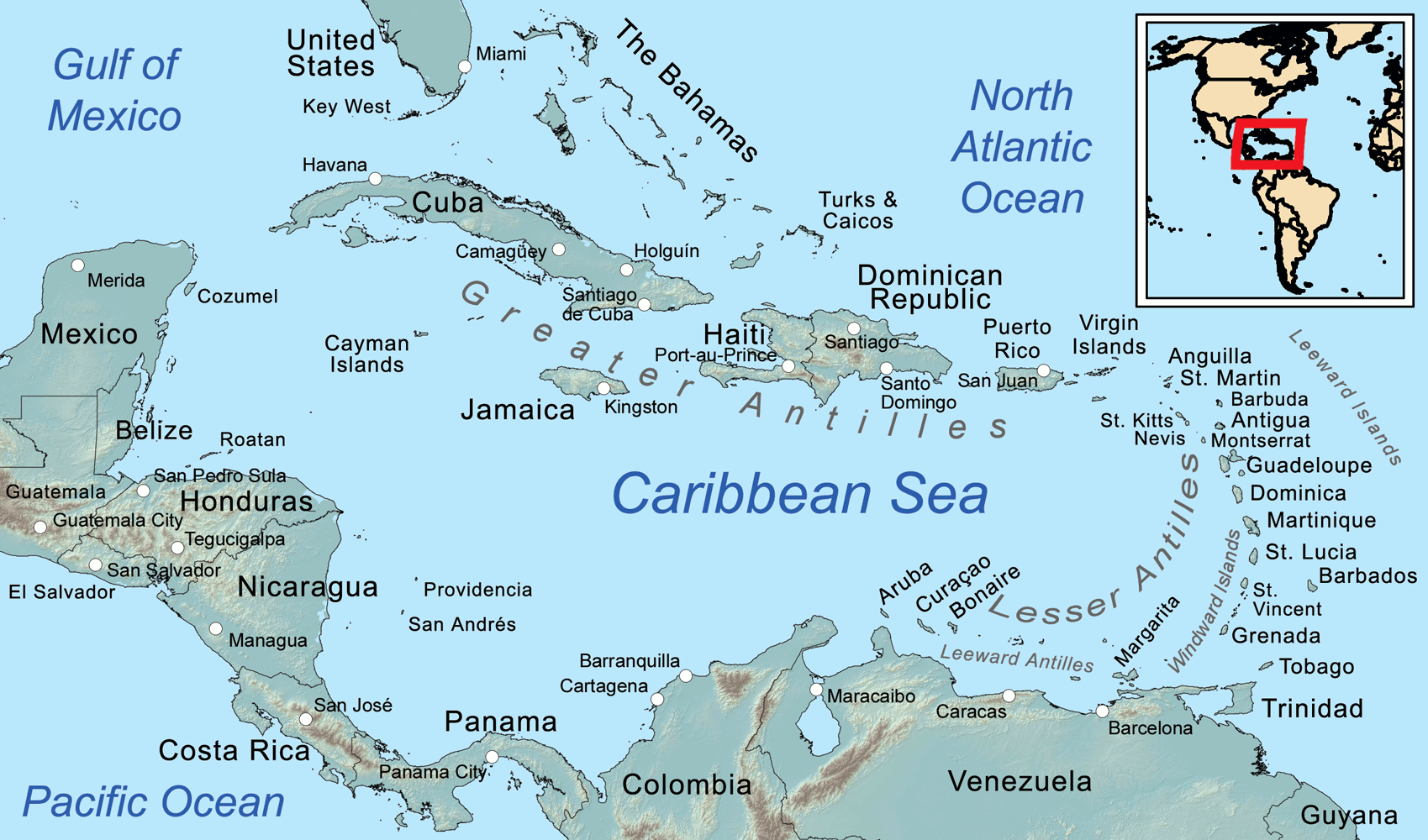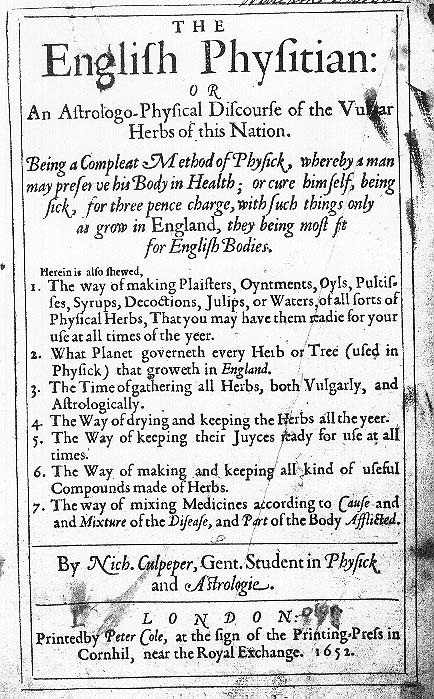|
1654 In England
Events from the year 1654 in England. Incumbents * Lord Protector – Oliver Cromwell * Parliament – First Protectorate (starting 3 September) Events * 20 March – establishment of Commission of Triers which will fill empty Anglican benefices with Puritan ministers. * 5 April – signing of the Treaty of Westminster ends the First Anglo-Dutch War, and the Dutch agree to observe the Navigation Acts. * 11 April – Anglo-Swedish alliance: A commercial treaty between England and Sweden is signed. * 12 April – Oliver Cromwell creates a union between England and Scotland, with Scottish representation in the Parliament of England. * 10 July – Peter Vowell and John Gerard are executed in London for plotting to assassinate Cromwell. * August – Cromwell launches the 'Western Design', an expedition to the Caribbean to counter Spanish commercial interests, effectively beginning the Anglo-Spanish War (which will last until after the Restoration in 1660). The main fleet leaves Po ... [...More Info...] [...Related Items...] OR: [Wikipedia] [Google] [Baidu] |
1654
Events January–March * January 6– In India, Jaswant Singh of Marwar (in what is now the state of Rajasthan) is elevated to the title of Maharaja by Emperor Shah Jahan. * January 11– In the Battle of Río Bueno in southern Chile during the Arauco War, the indigenous Huilliche warriors rout Spanish troops from Fort Nacimiento who are attempting to cross the Bueno River. * January 26– Portugal recaptures the South American city of Recife from the Netherlands after a siege of more than two years during the Dutch-Portuguese War, bringing an end to Dutch rule of what is now Brazil. The Dutch West India Company had held the city (which they called Mauritsstad) for more than 23 years. * February 9– Spanish troops led by Don Gabriel de Rojas y Figueroa successfully attack the Fort de Rocher, a pirate-controlled base on the Caribbean island of Tortuga. * February 10– The Battle of Tullich takes place in Aberdeenshire in Scotland during Gle ... [...More Info...] [...Related Items...] OR: [Wikipedia] [Google] [Baidu] |
Western Design
The Western Design is the term commonly used for an English expedition against the Spanish West Indies during the 1654 to 1660 Anglo-Spanish War (1654–1660), Anglo-Spanish War. Part of an ambitious plan by Oliver Cromwell to end Spanish dominance in the Americas, the force was short of supplies and many of the men poorly trained. Leadership was split between Robert Venables, commander of land forces, and Admiral William Penn (Royal Navy officer), William Penn; the relationship between the two quickly broke down, and they regarded each other with distrust and suspicion. An attack on the main target of Captaincy General of Santo Domingo, Hispaniola, the island which now holds Haiti and the Dominican Republic, was repulsed in April 1655, the English suffering heavy losses from disease. In May, they captured the weakly-defended island of Invasion of Jamaica, Jamaica, but overall the expedition failed to achieve its goals. Venables and Penn hurried back to England on separate sh ... [...More Info...] [...Related Items...] OR: [Wikipedia] [Google] [Baidu] |
John Talbot, 10th Earl Of Shrewsbury
John Talbot, 10th Earl of Shrewsbury, 10th Earl of Waterford (1601 – 8 February 1654), was an English nobleman. Life He was the only child and son of John Talbot of Longford, Newport, Shropshire (died London, 1607 or c. 1607), and his wife Eleanor Baskerville, daughter of Sir Thomas Baskerville of Wolvershill, Herefordshire, and of Brinsop, Herefordshire, and paternal grandson of Sir John Talbot of Grafton and Catherine or Katharine Petre. He remained in his family's Roman Catholic faith and took part on the side of King Charles I in the English Civil War. He was First Commissioner of Advice for the counties of Worcestershire, Shropshire and Staffordshire in 1644/45, and he served on the Royalist garrison at Worcester when it surrendered to Parliament in July 1646. In 1647 his estates were sequestered and compounded by Parliament on grounds of his being a "Papist and delinquent" (i.e. Catholic and royalist). In September 1651 he accompanied Charles II when he fled after d ... [...More Info...] [...Related Items...] OR: [Wikipedia] [Google] [Baidu] |
Nicholas Culpeper
Nicholas Culpeper (18 October 1616 – 10 January 1654) was an English botanist, herbalist, physician and astrologer.Patrick Curry: "Culpeper, Nicholas (1616–1654)", ''Oxford Dictionary of National Biography'' (Oxford, UK: OUP, 2004) His book ''The English Physician'' (1652, later ''Complete Herbal'', 1653 ff.) is a source of pharmaceutical and herbal lore of the time, and ''Astrological Judgement of Diseases from the Decumbiture of the Sick'' (1655) one of the most detailed works on medical astrology in Early Modern Europe. Culpeper catalogued hundreds of outdoor medicinal herbs. He scolded contemporaries for some of the methods they used in herbal medicine: "This not being pleasing, and less profitable to me, I consulted with my two brothers, and , and took a voyage to visit my mother , by whose advice, together with the help of , I at last obtained my desire; and, being warned by , a stranger in our days, to publish it to the world, I have done it." Culpeper came from a ... [...More Info...] [...Related Items...] OR: [Wikipedia] [Google] [Baidu] |
John Bellers
John Bellers (1654 – 8 February 1725) was an England, English educational theorist and Quaker, author of ''Proposals for Raising a College of Industry of All Useful Trades and Husbandry'' (1695). Life Bellers was born in London, the son of the Quaker Francis Bellers and Mary Read. Unable to attend a university or join a profession as a result of his religion, John was educated as an apprentice cloth merchant. He rapidly became active in meetings and in the Quaker community as a whole, purchasing of land in Pennsylvania in 1685 for Huguenot refugees and for many other purposes . William Penn was a close friend. He married a fellow Quaker, Frances Fettiplace, in 1686, and they had six children between the years 1687 and 1695, although one died shortly after birth. From 1695 to his death in 1725, he was continually involved in writing innovative articles on social issues, including education, health sector, care for the poor, support for refugees, a plan for a European state, and a ... [...More Info...] [...Related Items...] OR: [Wikipedia] [Google] [Baidu] |
Richard Onslow, 1st Baron Onslow
Richard Onslow, 1st Baron Onslow PC (23 June 1654 – 5 December 1717), known as Sir Richard Onslow, 2nd Baronet from 1688 until 1716, was a British Whig politician who sat in the English and British House of Commons from 1679 to 1715. He was Speaker of the House of Commons from 1708 to 1710 and Chancellor of the Exchequer from 1714 to 1715. Onslow was a very unpopular figure amongst members of both political parties, particularly during his time as Speaker. He was extremely pedantic and showed an absolute devotion to principle, as a result, he was given the nickname "Stiff Dick". Onslow's father, Arthur, was a politician, as was his maternal grandfather Thomas Foote, who had served as the Lord Mayor of London in 1649. He was born in Surrey and matriculated at St Edmund Hall, Oxford on 7 June 1671, before being called to the Inner Temple. He entered Parliament as the Member for Guildford in 1679 before he could be called to the bar. One of Onslow's first actions as a member of ... [...More Info...] [...Related Items...] OR: [Wikipedia] [Google] [Baidu] |


